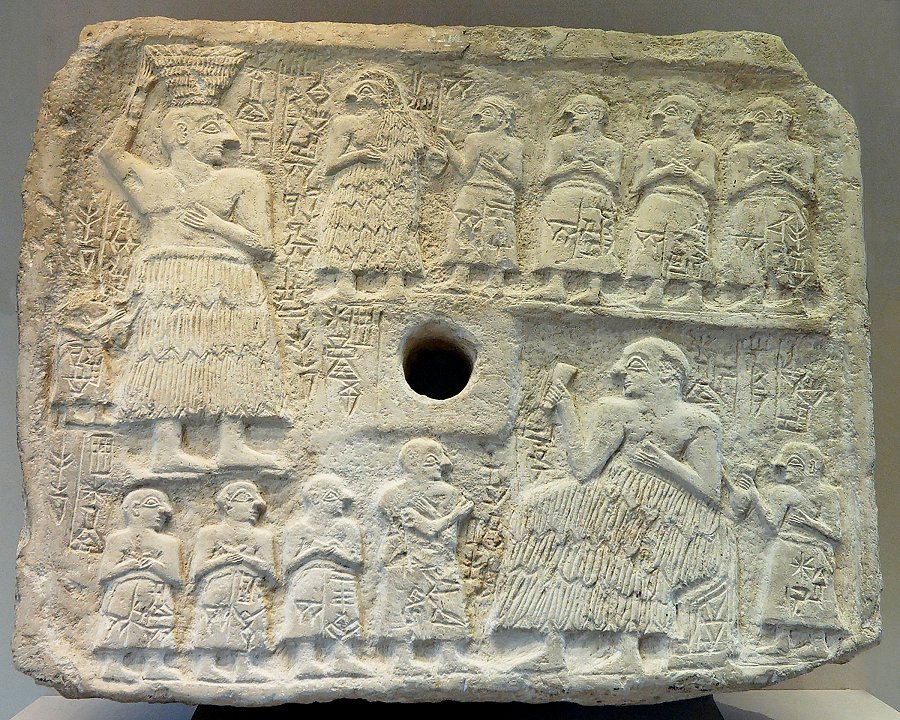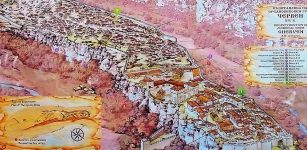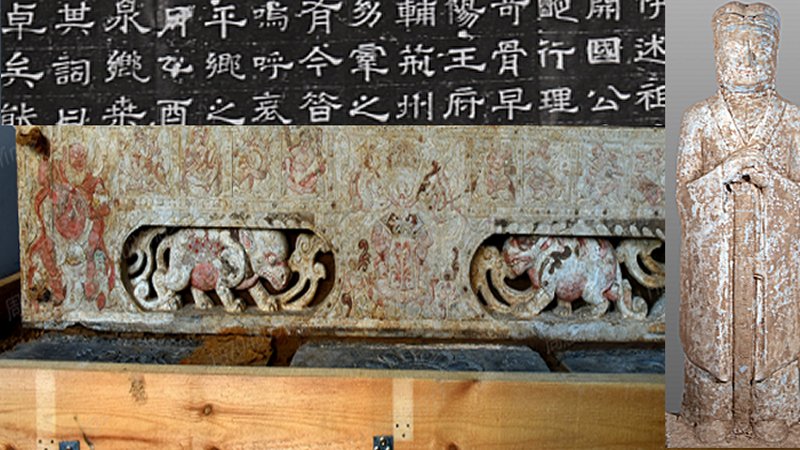Archaic Sumerian Plaque Dedicated To King Ur-Nanshe, The Founder Of The 1st Dynasty Of Lagash
MessageToEagle.com – This remarkable limestone slab dated to around 2300 BC, was probably intended to hang the slab to the wall in the ritual part of the shrine.
Perforated stone slabs carved with low reliefs and pierced in the center are typical of the art of the archaic Sumerian Dynasties.

This one is decorated with a low-relief in two registers. The upper register depicts Ur-Nanshe, the chief priest and king of the south Mesopotamian city-state of Lagash c.2520 BC helping to bring mud bricks to the building site and then commemorate the opening of a temple of Ningirsu, the patron god of his city.
Related:
Ancient Fascinating City Of Susa That Appeared In The Earliest Sumerian Records
Sumerian King List – Ancient Record Of Kingship That Has Long Been Of Great Interest
Dressed in a tufted woolen skirt called ‘kaunakes’, Ur-Nanshe, is accompanied by his wife and sons as well as high officials, each one identified by his name written on his garment.
The king was the founder and the ruler of the 1st Dynasty of Lagash, a strong dynasty that ruled for nearly two centuries over Lagash, according to the cuneiform inscription engraved on the background of the slab.
The lower register illustrates the king of Lagash seated at a ritual banquet enjoying a drink and again surrounded by his sons.
Of the 120 slabs of this kind that have been discovered, mostly in the large cities of the Sumerian cultural area, this is one (H 0.40 m; W 0.47 m) was excavated at the ancient city of Girsu, the religious center for the state.
This town, according to some archaeological evidence, is now the site of Tell Telloh, located on the left bank of the Shatt al-Gharraf river of southern Iraq.
This site was then the capital of the city-state of Lagash, whose wealth was largely due to its location on the road that led to the rich plain of Susa and from there to the Iranian plateau.
The zenith of the power of the First Dynasty of Lagash is variously dated as betweeen 2500-2360 BC and 2500-2271 BC.
MessageToEagle.com
Expand for references










